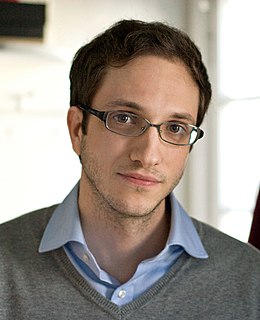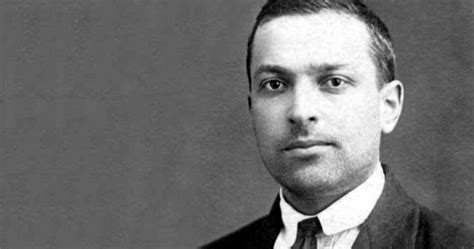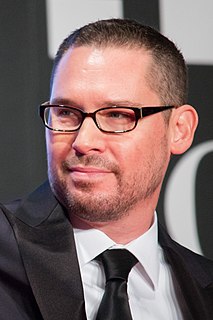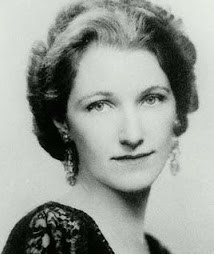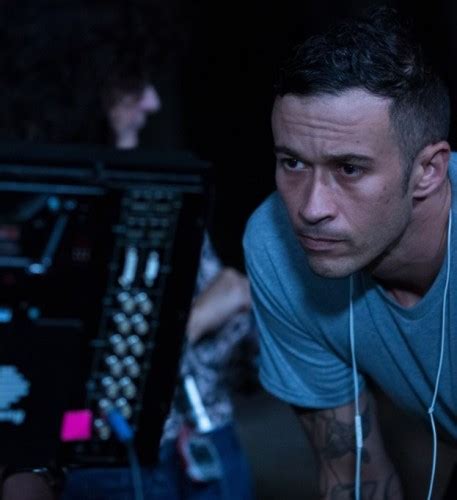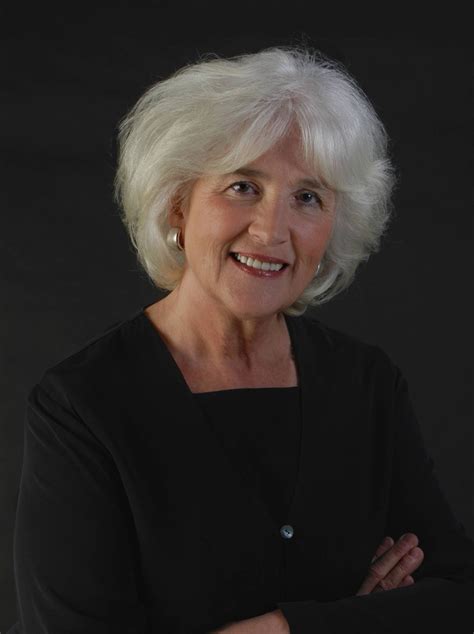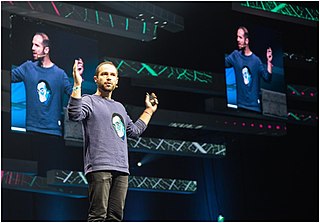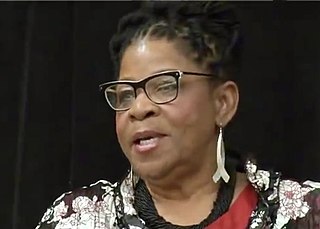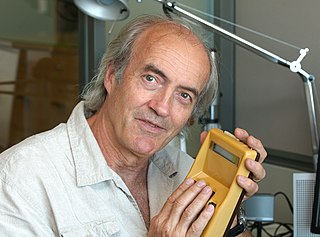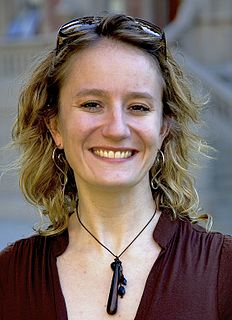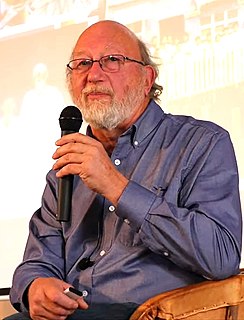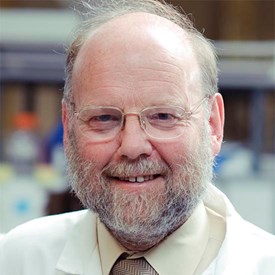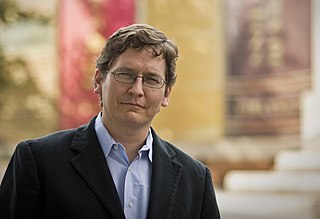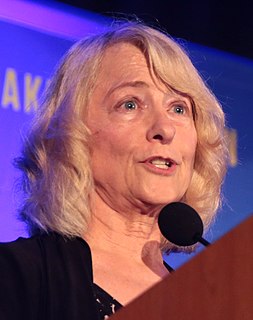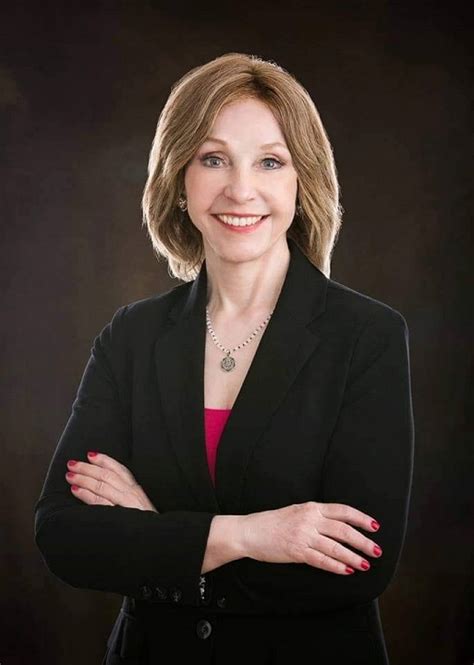A Quote by Michelle Gielan
When someone comes to you to talk about a problem, if you move the conversation on to a discussion of potential solutions, you fuel their creative problem solving abilities on average by 20% - not to mention you make them feel better! You make them smarter and more empowered to tackle challenges.
Related Quotes
Cities are never random. No matter how chaotic they might seem, everything about them grows out of a need to solve a problem. In fact, a city is nothing more than a solution to a problem, that in turn creates more problems that need more solutions, until towers rise, roads widen, bridges are built, and millions of people are caught up in a mad race to feed the problem-solving, problem-creating frenzy.
What I like to do with music is make people feel better. Make people realize that all humans have the same problems, more or less. A lot of people deal with the same thing. A lot of times people think problems are specific to them and they if they hear a song about a problem common to them, they feel good because they know that someone else has gone through it.
Abraham Maslow taught me, that when you're working with a patient, never let them spend more than a few moments on the problem, because what you think about is what expands, and if they're talking about the problem all the time, when they leave your session, the problem will expand. Get 'em to put their attention on what they intend to create, or on solutions.
If you give the actors a problem 'I'm not getting something out of the scene' and it's the writing, we just don't have the scene, if you give them the problem and just give them some key thoughts they can bring some great solutions to the equation too. So if it's just not perfect, or I'm not getting all I can, I'll open it up to them and say let's talk about it.
I certainly think that - especially with the challenges of making movies now, where you're making them in 20 or 30 days - the more experiences that you can get on those kinds of movies, where you have to use a lot of your problem-solving skills that maybe you wouldn't get on a film that takes three months, that, to me, has just been amazing.
If we parents accept that problems are an essential part of life's challenges, rather than reacting to every problem as if something has gone wrong with the universe that's supposed to be perfect, we can demonstrate serenity and confidence in problem solving for our kids.By telling them that we know they have a problem and we know they can solve it, we can pass on a realistic attitude as well as empower our children with self-confidence and a sense of their own worth.
I think it's one of the nicest privileges as an actor is to know that you can move people in one moment, make them think about their lives, or make them laugh or make them cry or make them understand something. Or just make them feel something because I think so many of us, including myself, spend too much time not feeling enough, you know?
It has to be about more than punishment. We need to rehabilitate people. We lock up far too many people in America today. We lock them up as if locking them up is gonna solve the problem. And locking them up does not solve the problem. Did locking me up make me better? No, it did not. It made my struggle harder.


